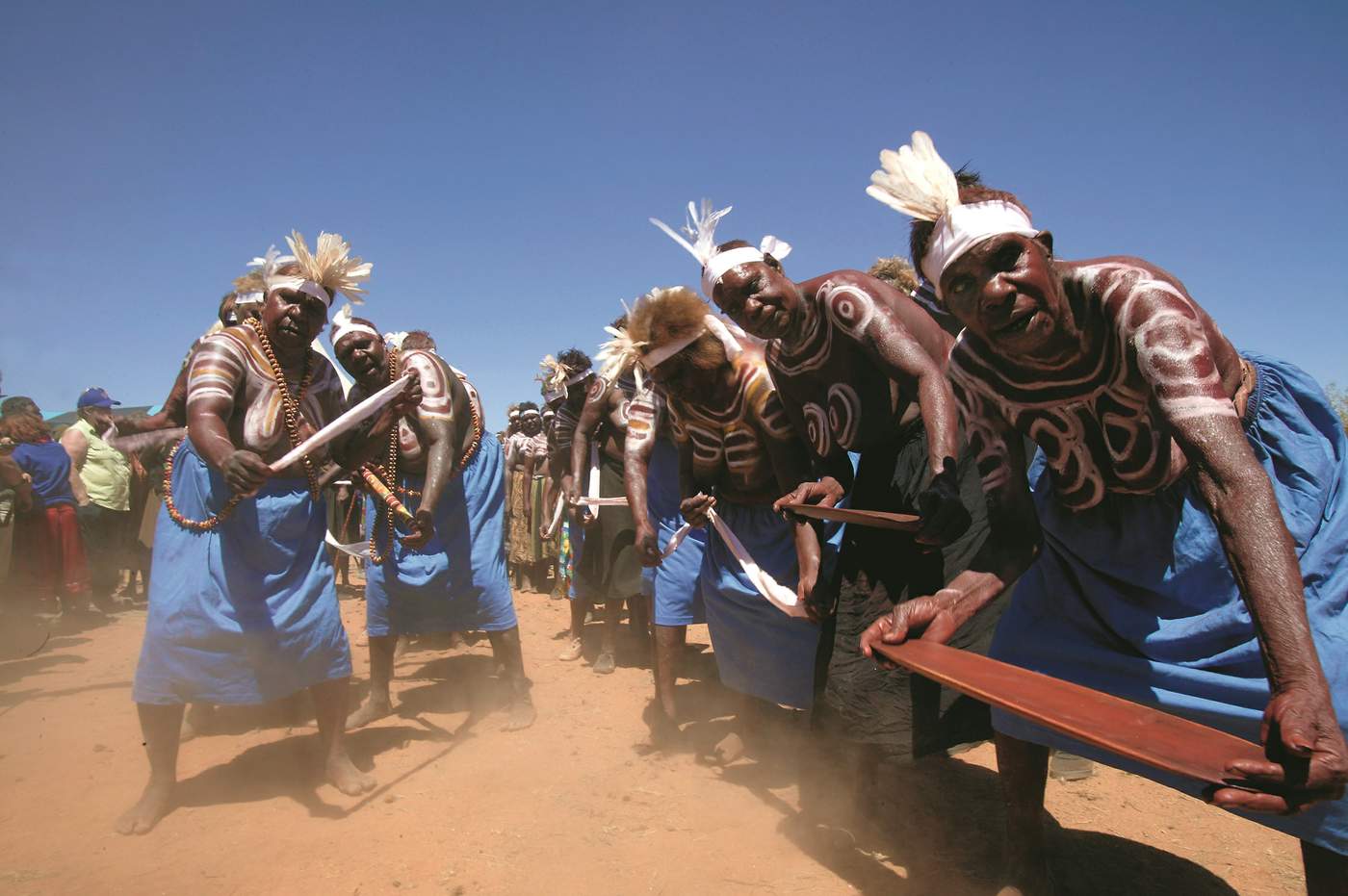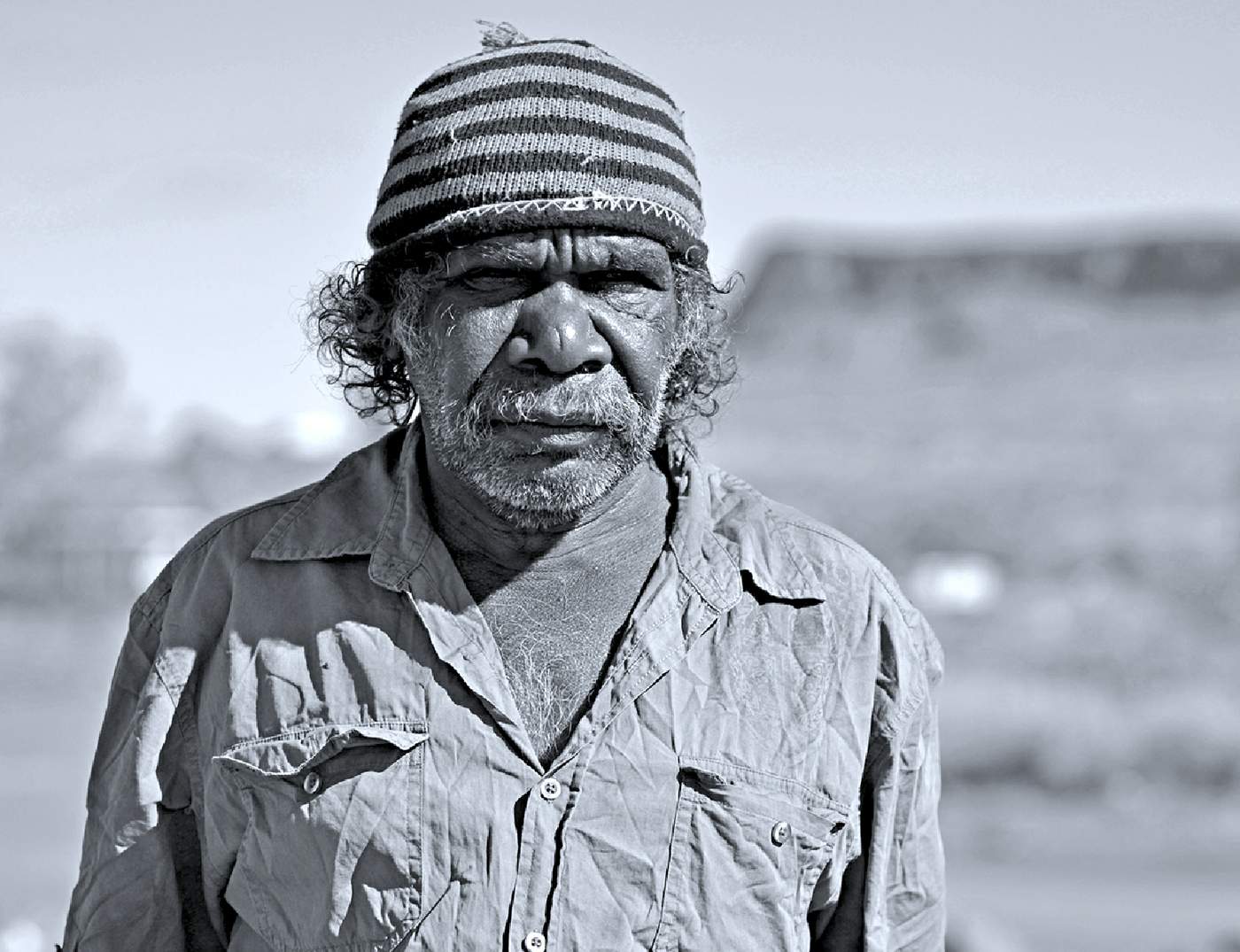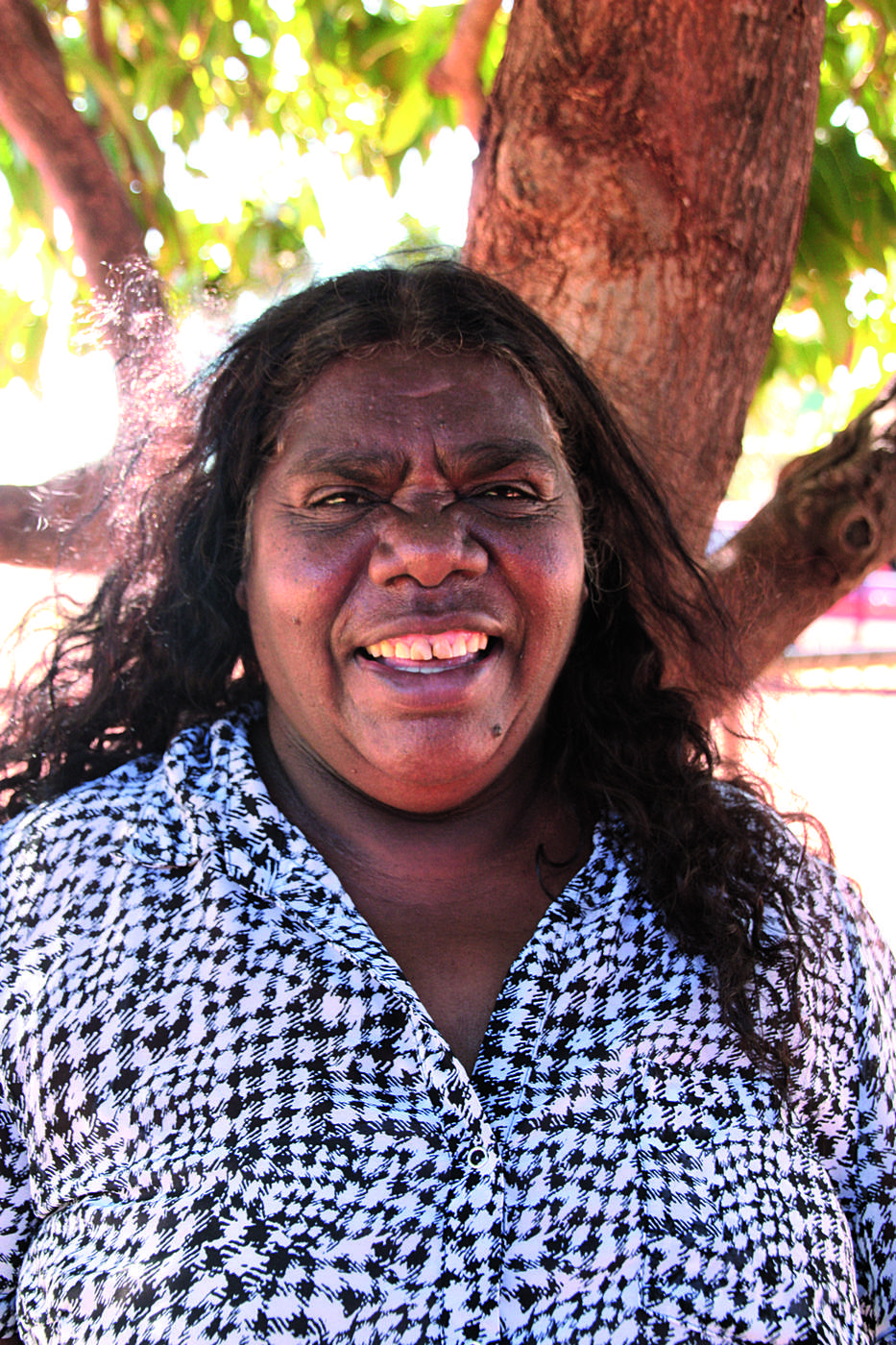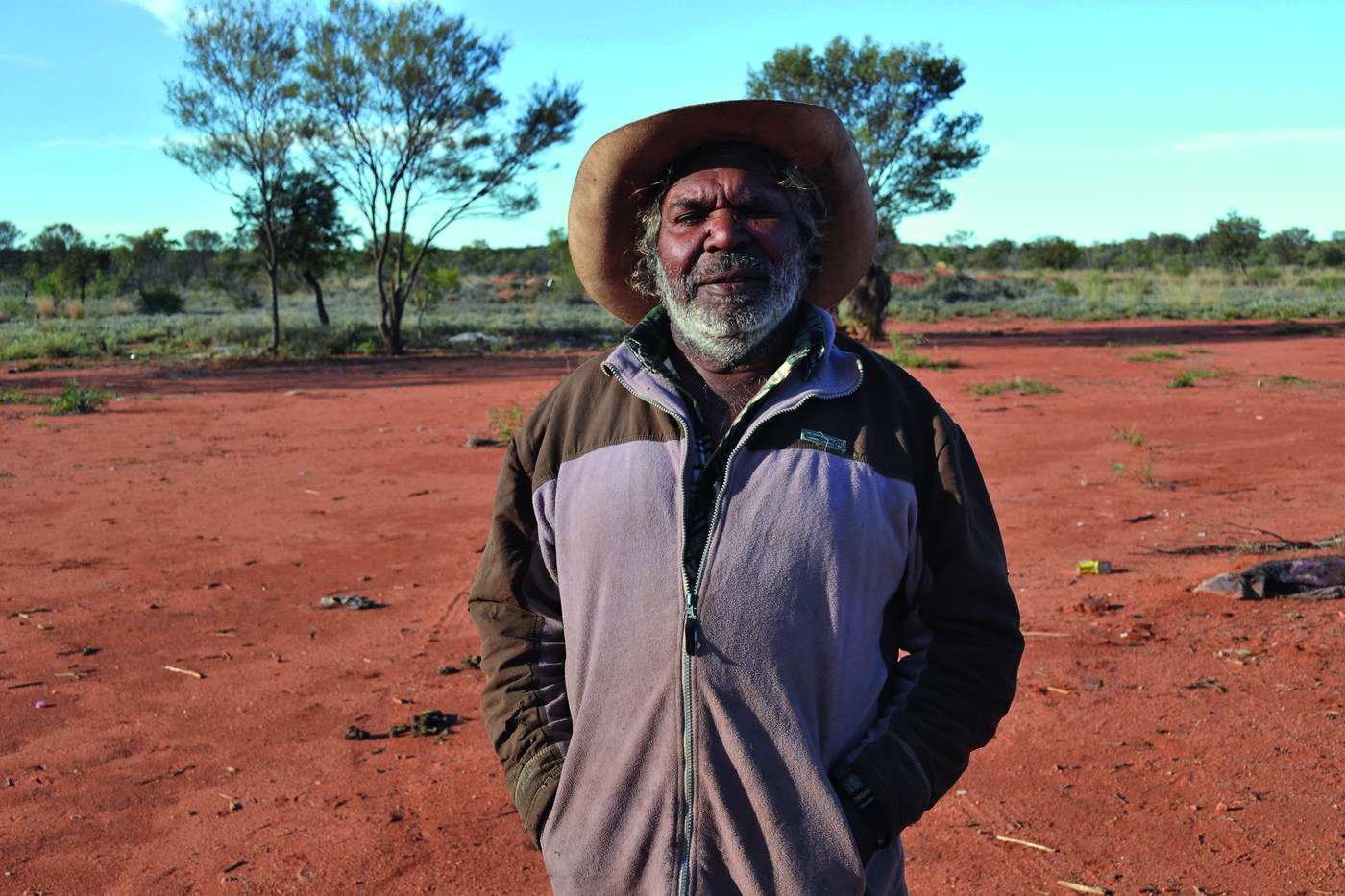Introduction | Chapters 1- 6 | Chapters 7-12 | Chapters 13-18
'All the bad things had been happening at Jarra Jarra, Hanson River way, before I was born.'
'Some of the [white] people usually throw all the rubbish, take him in the rubbish dump. But we usually didn’t know that was rubbish!'
'I remember they were strict. They were worrying a lot – you not allowed to walk around, you need to stay home.'
'Mum and Dad used to live at Todd River Station. They used to travel around with us on the camels.'
'The first car I saw was one from Narwietooma [Station]. They bring that old-day motorcar – really olden time. Not petrol one, not diesel one, you’ve gotta put a charcoal.'
The Story of Harry Japangardi Jones
"I was born in Napperby in the bush, Cockatoo Creek, that big Dreaming for the white cocky. There is a station there, called Mount Denison, but at Two Mile, that is Cockatoo Creek. My father, old Bill, and my mother took me to Yuendumu to school. My parents were from Mount Doreen, old station. My father was travelling. He went everywhere with the donkey".
Japangardi did stock work during 'the good old days' – and picked fruit and vegetables in Gundagai – "I was working there, get that asparagus." He lives at Yuelamu (Mount Allan).
'It was very hard. Without mother, I had to learn to cook.'
'I was taken away because of the colour of my skin, for no other reason.'







